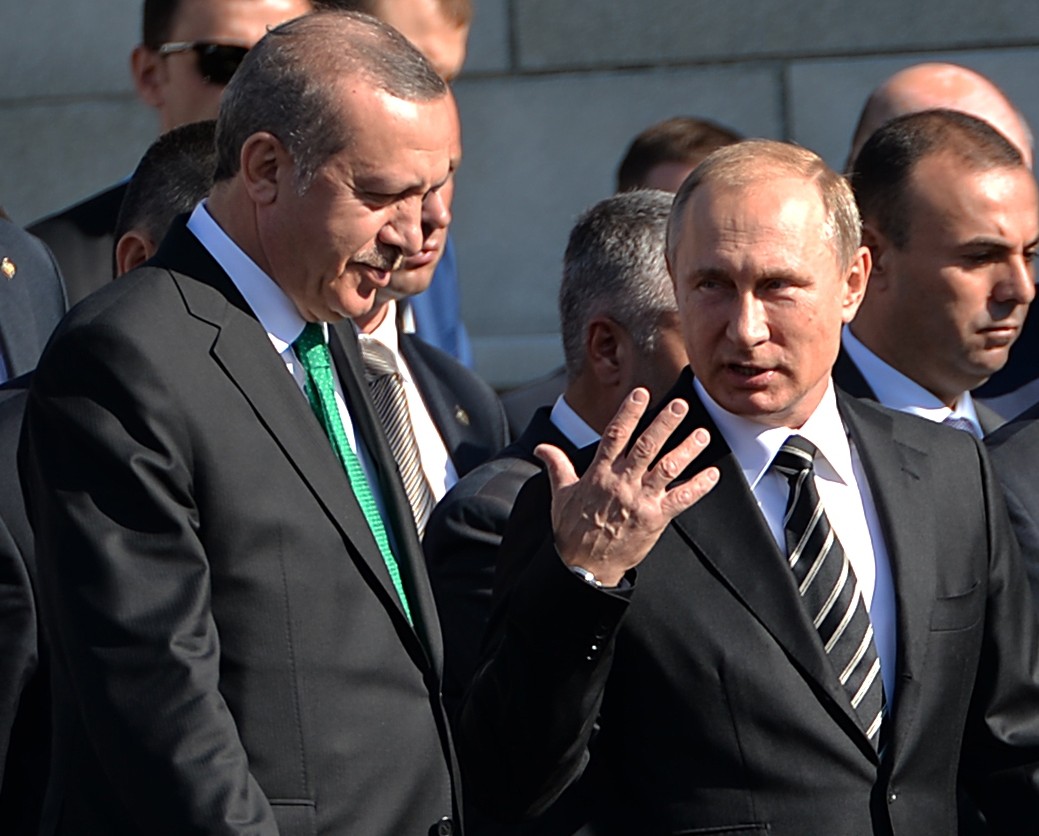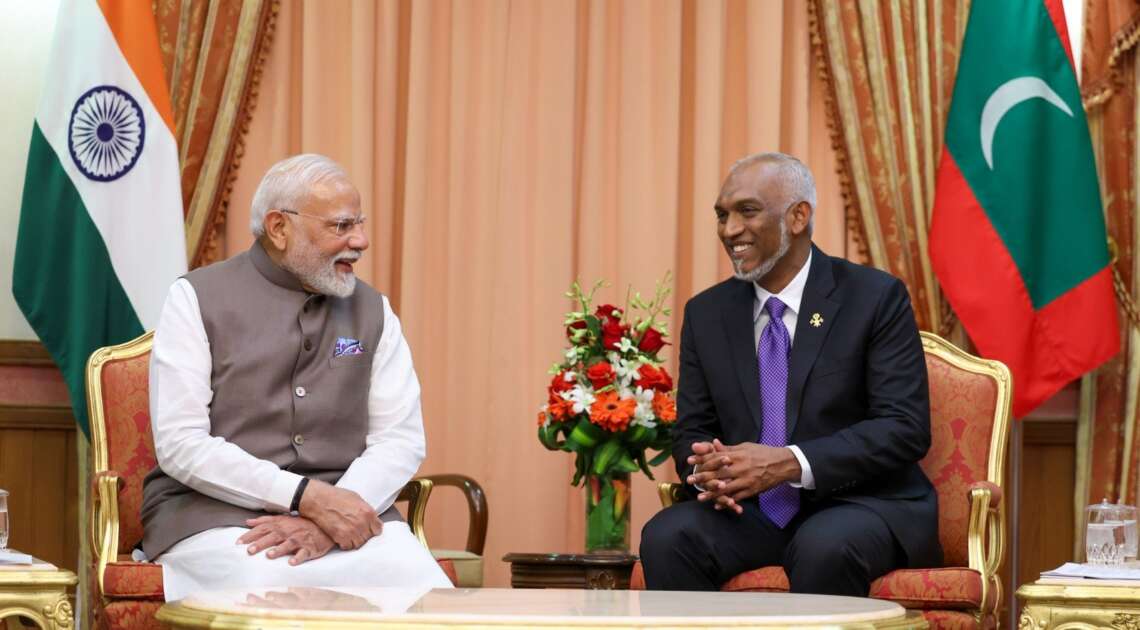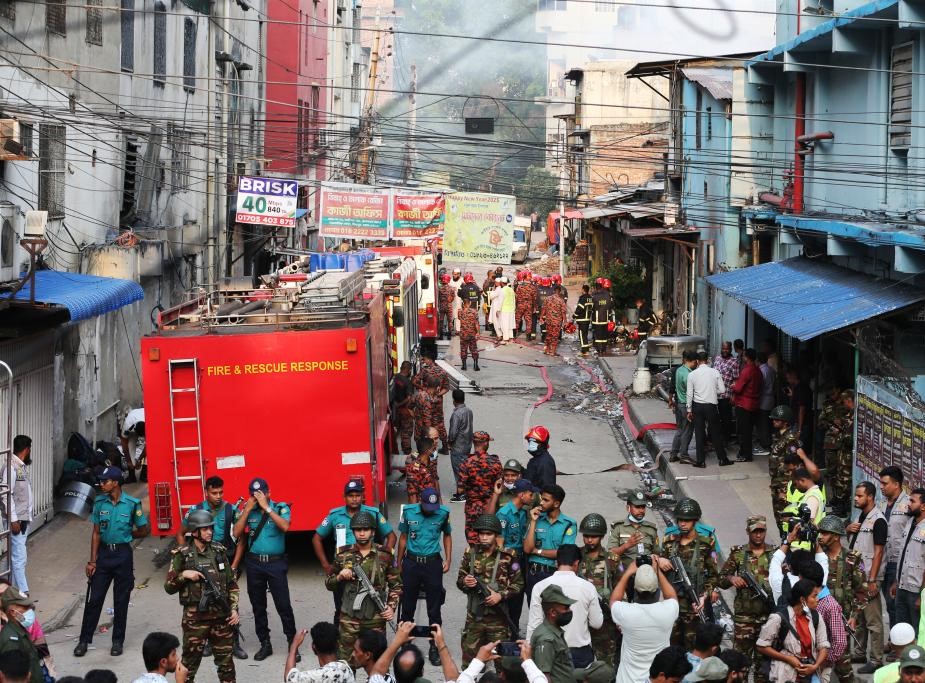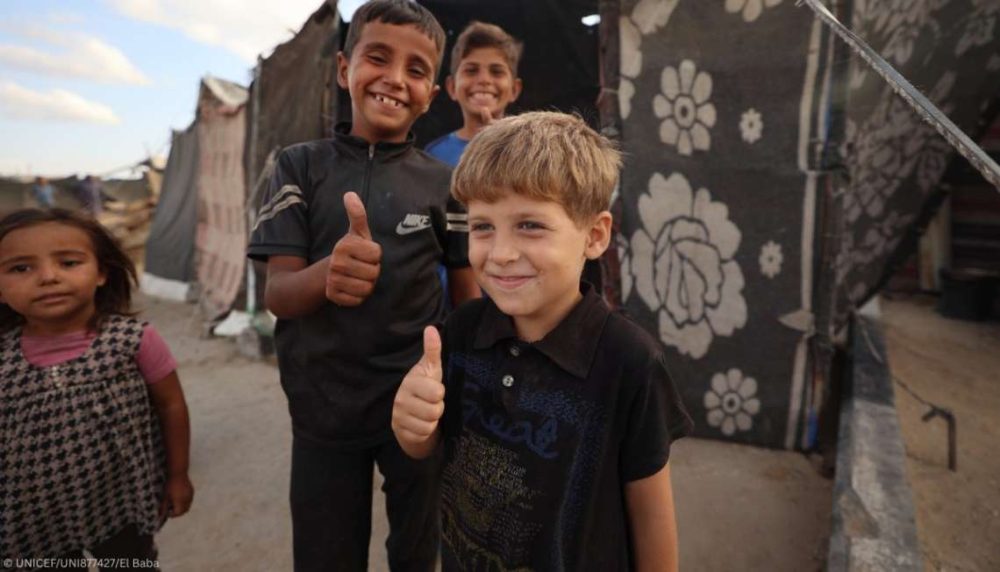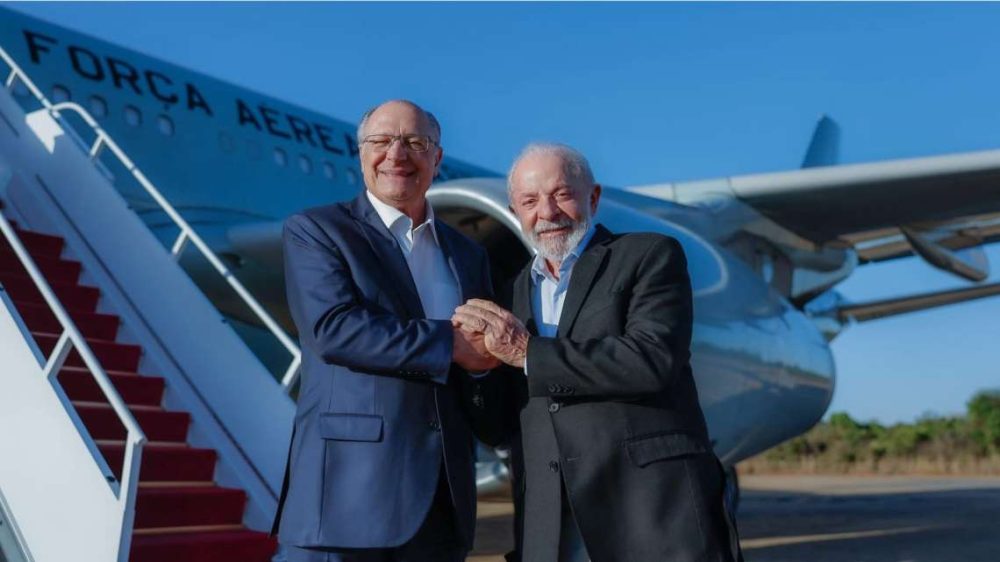Turkish President proposes talks with Putin, Trump amid push for August leaders’ summit
Turkish President Recep Tayyip Erdogan has announced plans to speak with both Russian President Vladimir Putin and US President Donald Trump this week, in a fresh bid to convene a high-level summit aimed at resolving the ongoing war in Ukraine.
“In the coming period — possibly even within this week — we will seek to hold further talks with Putin and also with Trump,” Erdogan told reporters in Istanbul on Friday. “We will see if we can bring these leaders together in Istanbul. That is our effort.”
Erdogan’s initiative follows the conclusion of a third round of direct Russia–Ukraine talks in Istanbul on Wednesday. While the discussions yielded some humanitarian agreements, including another prisoner exchange, negotiators failed to make progress on the central issues of a ceasefire or a broader peace plan.
Turkey emerges possible host
Ukraine, during the latest round of talks, formally proposed a summit involving President Volodymyr Zelensky and Vladimir Putin “by the end of August,” with Erdogan and Trump participating as facilitators. The Ukrainian side believes a meeting involving these four leaders could mark a critical step toward ending the war, which has now dragged on for more than two years.
The idea, first put forward by Andriy Yermak, head of Zelensky’s presidential office, was reaffirmed in a statement following the talks. “We believe the participation of President Trump and President Erdogan would be especially valuable,” he said.
However, Russia has so far rejected any immediate plans for a presidential-level summit, saying that such a move would only be considered once unspecified diplomatic and security “processes” are completed.
Stalemate persists on ceasefire terms
Despite the momentum behind a potential summit, the core issues remain deeply contentious. Ukraine has demanded a ceasefire, a halt to attacks on civilian infrastructure, and respect for its territorial integrity. Russia, meanwhile, continues to insist on terms widely seen as unacceptable in Kyiv — including Ukraine’s demilitarisation and the formal annexation of four occupied regions seized during Moscow’s 2022 invasion.
Yermak said on Wednesday that Ukraine clearly outlined its priorities: “a ceasefire, real silence along the entire frontline, and a complete halt to strikes on civilian infrastructure. This is where the path to genuine peace must begin.”
Russian negotiator Vladimir Medinsky echoed Ukraine’s top delegate Rustem Umerov in admitting that no substantial headway had been made during the latest meeting. “The positions are quite apart from each other,” Medinsky acknowledged.
This round of talks, like the two previous sessions in Istanbul on May 16 and June 2, has so far produced limited results beyond facilitating humanitarian arrangements. Thousands of prisoners have been exchanged since dialogue began earlier this year, and discussions continue on retrieving Ukrainian children reportedly abducted during the conflict.
Trump increases pressure on Putin
Although not directly involved in the Istanbul talks, US President Donald Trump has been vocal about his desire to bring the war to an end. In recent interviews, including one with the BBC, Trump expressed disappointment with Putin and warned that time is running out.
“He’s disappointed me, but I’m not done with him,” Trump said of the Russian leader.
Trump has also announced a US-brokered arms deal in which additional weapons will be delivered to Ukraine, funded by NATO countries that recently pledged higher defence spending. While still advocating for peace, Trump made it clear that the Kremlin will face consequences if it fails to de-escalate.
“If a ceasefire is not reached within 50 days, there will be new sanctions on Russia and on any country buying their exports,” Trump warned last week.
Despite those warnings, Russian forces have continued to bombard Ukrainian cities with missiles and drones in recent days, showing little sign of pulling back.
Erdogan’s diplomatic balancing act
President Erdogan has positioned Turkey as a key intermediary between Ukraine and Russia since the outset of the war. His government hosted early peace talks, brokered grain export agreements, and has remained in regular contact with both Moscow and Kyiv.
On Friday, Erdogan confirmed that Turkish Foreign Minister Hakan Fidan had held separate pre-summit meetings with the Ukrainian and Russian delegations, while he himself met the Ukrainian side in Ankara before they travelled to Istanbul.
Turkey’s strategy now hinges on whether it can secure buy-in from both Putin and Trump for a possible Istanbul summit. While the Ukrainian side appears eager to move forward with such a meeting, Russia’s hesitation — and its continued military escalation — remain major roadblocks.
As Ukraine presses for peace and the window narrows for a diplomatic breakthrough, Erdogan’s next calls to the Kremlin and the White House could determine whether a summit of global consequence will indeed take place on Turkish soil.


